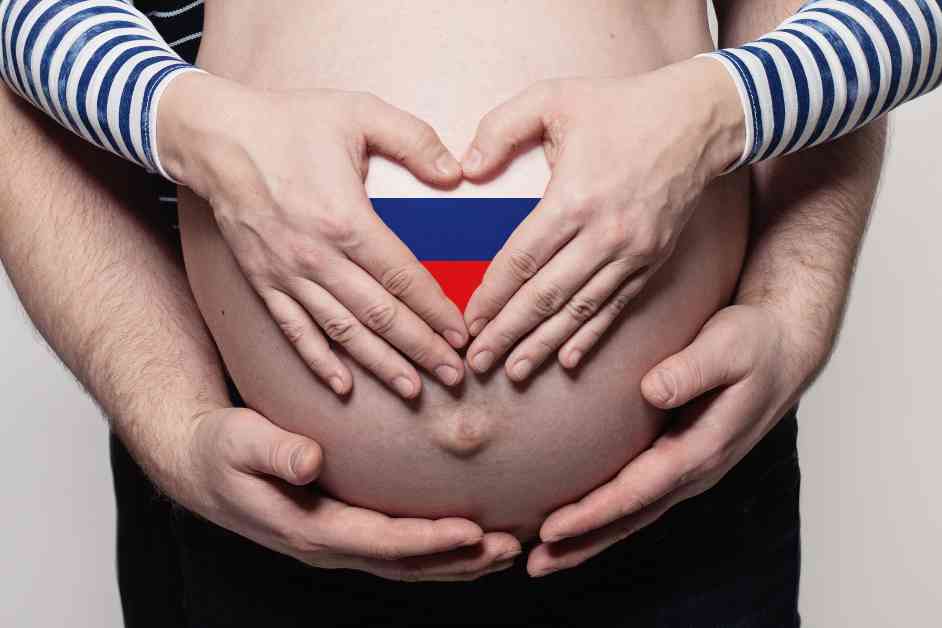In September 2022, protests erupted in various cities across Russia in response to the mobilization effort. Women played a significant role in these demonstrations, making up nearly half of those arrested at anti-war protests. From young activists like Anastasia Parshkova to older women like Elena Osipova, individuals took a stand against the war in different ways, highlighting the diverse voices within the movement.
One particular case that drew attention was that of artist Alexandra Skotchilenko, who was sentenced to seven years in prison for replacing price tags in a supermarket with information about the Butscha massacre. Such acts of resistance, both individual and organized, underscore the growing opposition to the war within Russian society.
Groups like the Women of the Mobilized have been actively advocating for the return of their loved ones from the front lines. Through channels like Der Weg nach Hause on Telegram, these women have found a platform to voice their demands and express their frustrations. However, the government’s response to these efforts has been marked by intimidation and attempts to label dissenting voices as extremist.
The Feminist Anti-War Movement (FAS) has garnered international attention for its manifesto denouncing Russia’s actions in Ukraine. With thousands of signatories and extensive reach on social media, the FAS has become a symbol of resistance against the war. Operating in a decentralized and anonymous manner, the group has faced challenges from the Russian government but continues to push forward with its message of peace and solidarity.
In response to the crackdown on dissent, groups like the FAS have resorted to creative forms of resistance, such as the publication of underground newspapers like “Wahrheit der Frau.” By tapping into historical practices of samizdat, these initiatives aim to reach a broader audience, including older individuals who may not have access to independent information sources online.
The Russian government’s invocation of “traditional values” as a means of silencing opposition has raised concerns about the erosion of women’s rights, particularly in the context of reproductive freedom. Organizations like Women for Life, funded by the state, have been pushing for stricter regulations on abortion, leading to restrictive laws in regions like Mordovia and Nizhny Novgorod.
As the conflict in Ukraine intensifies, the mobilization of women in new roles within the military, such as drone pilots and snipers, has sparked debate about the compatibility of these positions with traditional gender norms. While the government promotes these roles as a nod to historical precedents, the broader implications of women’s participation in combat remain contentious within Russian society.
In the face of increasing repression and state control, feminist movements in Russia are navigating complex terrain to uphold their values and advocate for peace. By drawing on historical legacies of dissent and embracing innovative forms of resistance, these activists are pushing back against the government’s attempts to stifle dissent and curtail women’s rights in the name of “traditional values.”

















